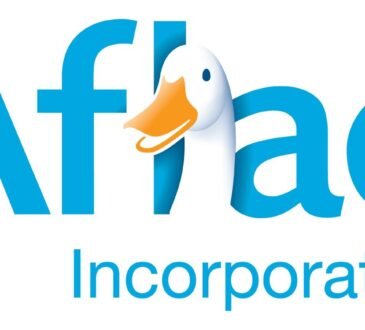Something everyone seems to agree on about buying U.S. dollars is that you don’t get the best deal at your bank.
I recently asked readers of this newsletter about where they find the best foreign exchange deals and zero responses mentioned a bank. Several people mentioned local currency dealers in their city, but a decided majority mentioned Knightsbridge Foreign Exchange and Wise, which is an app for managing payments and transfers in multiple global currencies. Two other popular choices were the Canadian Snowbird Association’s currency exchange program and OFX.
When I get a recommendation for something, I like to hear why people like it. Here are some reader comments about Knightsbridge, Wise, OFX and CSA’s currency exchange program:
- ”I use Knightsbridge Foreign Exchange and save between 2 and 3 per cent when buying U.S. funds from my Canadian account.”
- ”It appears that Wise is the best and the app is very convenient.”
- ”The Canadian Snowbird Association is a non-profit organization and their rates are best and beat the banks every month.”
- ”I’ve used Wise extensively for the past few years and have probably saved thousands of dollars over that time.”
- ”I am a customer of Knightsbridge, which offers better rates but is cumbersome to use. I have also used Wise, which at the moment is my favourite method.”
- ”We use OFX … seems to always beat our bank, even though the bank gives us a ‘preferred customer’ rate.”
- ”I use Knightsbridge. It is consistently 2 per cent better than branch quotes. Even on US$1,000 purchases.”
- ”As a U.S. expat, I’ve tried several currency exchange firms. My pension funds originate in the United States, so monthly payments are paid in U.S. dollars. I’ve settled on Wise for their service, speed and exchange rates.”
Vancouver residents, several readers said they like Vancouver Bullion and Currency Exchange for buying U.S. dollars. A few readers said they use an investing strategy called Norbert’s Gambit for Canada-U.S. foreign currency transactions, and some singled out the foreign exchange rates at Interactive Brokers.
Subscribe to Carrick on Money
Are you reading this newsletter on the web or did someone forward the e-mail version to you? If so, you can sign up for Carrick on Money here.
Rob’s personal finance reading list
The cost of making a minimum home down payment
A comparison of total costs when you make a minimum down payment on a $700,000 home and a 20 per cent down payment. As you probably know, putting 20 per cent or more down means you don’t have to pay the premium for mortgage default insurance. But there’s also the extra interest paid when you put a smaller amount down and thus borrow more. Now for a sobering prediction about how long it might take for houses to become more affordable – about 10 years.
Would you pay $15 per month for better budgeting?
A review of YNAB, a budgeting app with a monthly subscription cost. YNAB – you need a budget – tracks your spending and helps you gain control of your finances. But is it worth the cost?
She’s well off, her friends are not
An advice columnist tackles a question from a wealthy person asking for advice on what to say to envious friends who expect her to pay for things. The answer is well-handled.
Wealth, health and the neighbourhoods of Toronto
A disturbing look at how life expectancies vary widely between affluent and low-income Toronto neighbourhoods. This is a persistent theme in personal finance – affluence equals health equals longevity.
Podcast fans
Subscribe to Stress Test on Apple podcasts or Spotify.
Ask Rob
Q: I am 67 years old and have about $1-million in my registered retirement savings plan. I believe that I have to turn my RRSP into a registered retirement income fund when I turn 71, but I would prefer not to do that. Can you please advise what are my options?
A: By the end of the year you turn 71, you must convert an RRSP to a RRIF, buy an annuity or withdraw all the money in the RRSP and pay tax on it. Those are your options.
Do you have a question for me? Send it my way. Sorry I can’t answer every one personally. Questions and answers are edited for length and clarity.
Tools and guides
Sadly topical in a slowing economy – a primer on how Employment Insurance works.
In the social sphere
Social media: A fun, provocative take on the obsession many investors have with dividends.
Listen: My conversation with David Chilton on his Wealthy Barber podcast. As I mention, we’ve known each other since I interviewed him as a Canadian Press business reporter after his book was first published in 1989.
Money-Free Zone: The song Everyone’s a VIP to Someone by the Go! Team is pure cheesy greatness. Banjo! Horns! Harmonica! Hits an emotional peak that makes it almost tiring to listen to.





